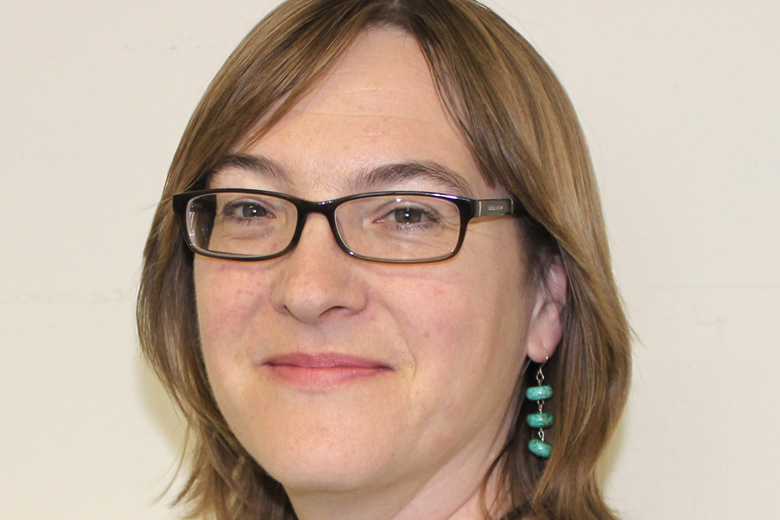‘Place support for speaking and understanding at the heart of Spending Review’
Louisa Reeves
Monday, October 25, 2021
We learnt at the weekend that Wednesday’s Spending Review will include significant early years investment and that new Family Hubs are to be rolled out to provide more integrated support for families.

Whilst we welcome this new investment, we are keen to look at the detail of how these hubs would work in practice and in particular, we want to ensure that when rolling out these new hubs, the right help is put in place to support babies and young children to meet their developmental milestones in relation to speaking and understanding language.
At I CAN, we believe that speaking and understanding language must play a central role in new initiatives aimed at supporting the early years and beyond. From helping parents to understand how important talking and understanding language are and their role in helping babies, children and young people develop these skills; to training early years and educational professionals so they have the right skills to support children in this area; to ensuring professionals are helped to track progress so that children who need support with their speech, language and communication can get help early.
The types of help that are available for children with delayed language are relatively inexpensive but have significant impact. At I CAN, we have strong evidence that our Talk Boost intervention programmes can help the majority of children improve their speaking and understanding. Our latest report, Speaking Up for the Covid Generation highlighted serious risks to the Covid generation, revealing that as many as 1.5 million children are at risk of not being able to speak or understand language at an age-appropriate level.
Two-thirds of teachers we surveyed said that government hasn’t put enough support in place for children to catch up with speaking and understanding language post-Covid. Teachers told us that they were seeing “a reduction in range of vocabulary, children are less used to engaging in conversations in person,” and “lower speaking and understanding skills are shown in language screening across key indicators”.
Children’s difficulties go far beyond reception and primary. As children started a new year in September, one teacher told us: “A lot of students have arrived with us (in year 7) working at year 2/3 level. They don't have the language to be able to understand the content in some secondary lessons”.
Difficulties speaking and understanding language are often misunderstood and under-diagnosed, meaning that many children are in schools without their needs properly understood or supported. It is crucial that teachers know how to identify these children and support them in their learning – it’s a part of all teaching practice, rather than an add-on. However, 68% of teachers told us they had received “not very much” or “not any” ongoing training in supporting children who are struggling with their speaking and understanding – and 64% said the same about initial teacher training.
It is encouraging to see the government has recognised some of these challenges and has invested £17m in the Nuffield Early Language Intervention (NELI) for reception-age children. However, if the government is serious in its ambitions to Build Back Better to make sure that outcomes are improved UK-wide, this spending review must ensure that this type of support is available across all ages. Assessment of and support for children’s speaking and understanding must also be on a long-term basis across all age ranges. Educators working across all age groups need to understand how to encourage children’s speaking and understanding skills to develop and how to identify those who are struggling. This has become even more apparent over the past 18 months.
Recovery from Covid will be long-term, and historically funding for speaking and understanding has been sorely lacking. Future governments need to make sure that speaking and understanding language are central to our education system for years. The government must commit to establishing a cross departmental speech, language, and communications strategy so that children can get the right help at the right time.
We know that children and young people with underdeveloped communication skills are at a much greater risk of poorer life outcomes including mental health and employability. We must ensure that more support is available to children, of all ages, with their speaking and understanding, so that they can have the best start possible.
Louisa Reeves is head of impact and evidence at I CAN




